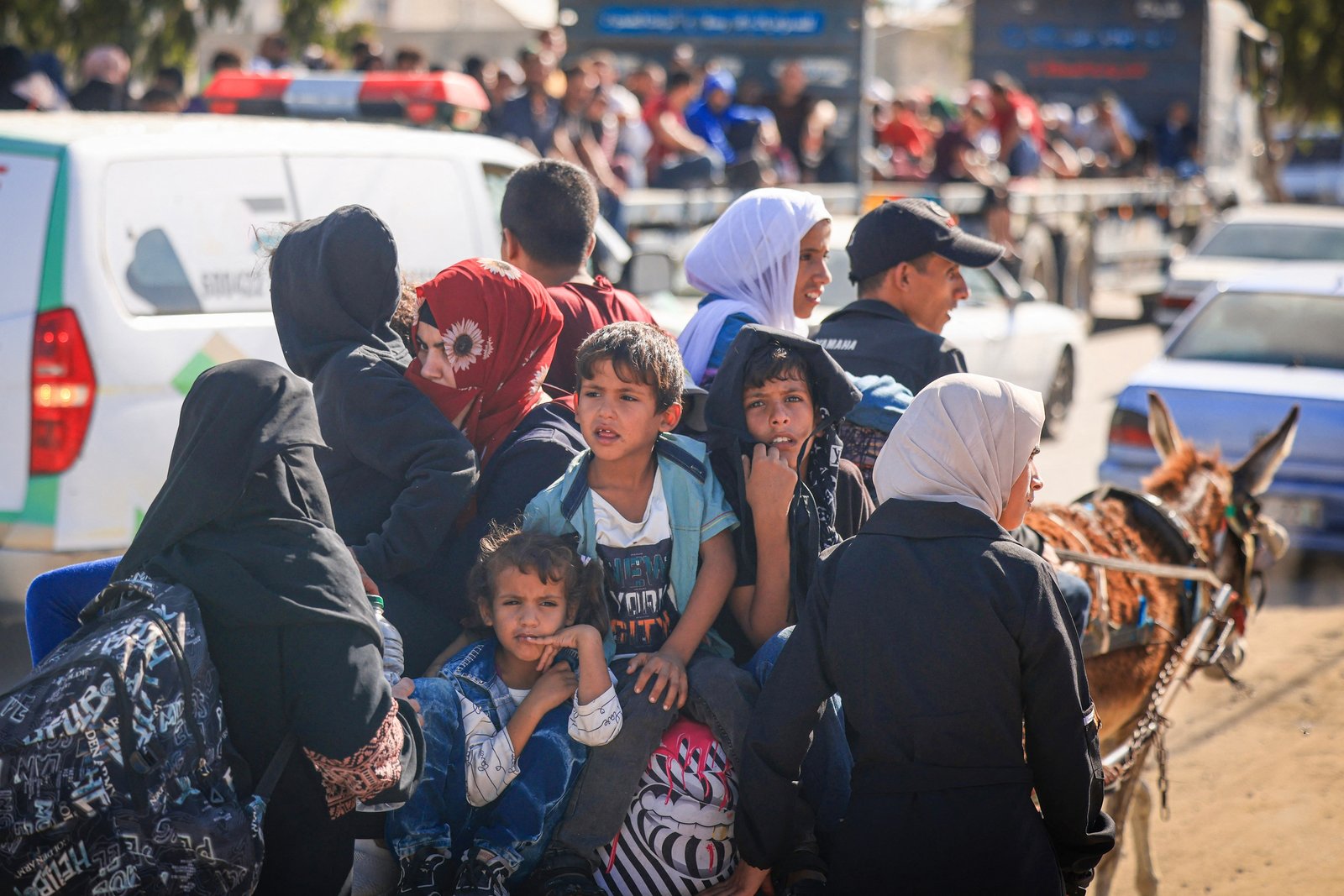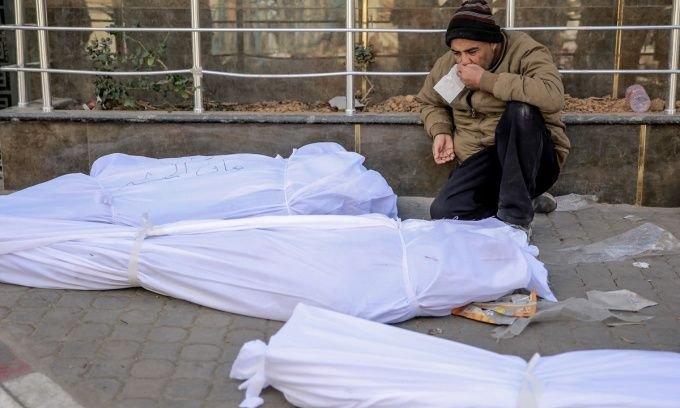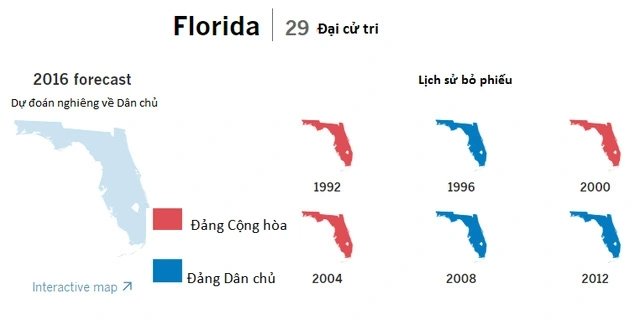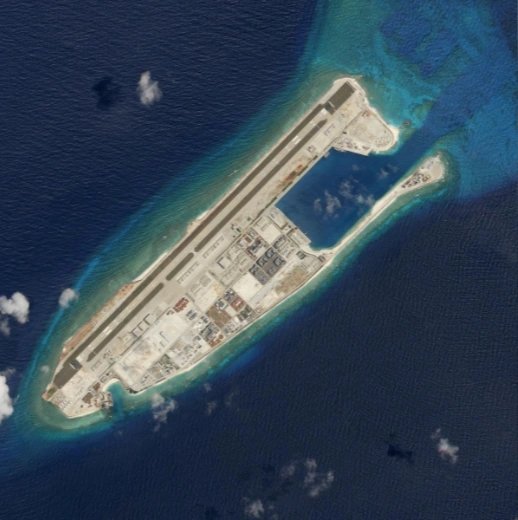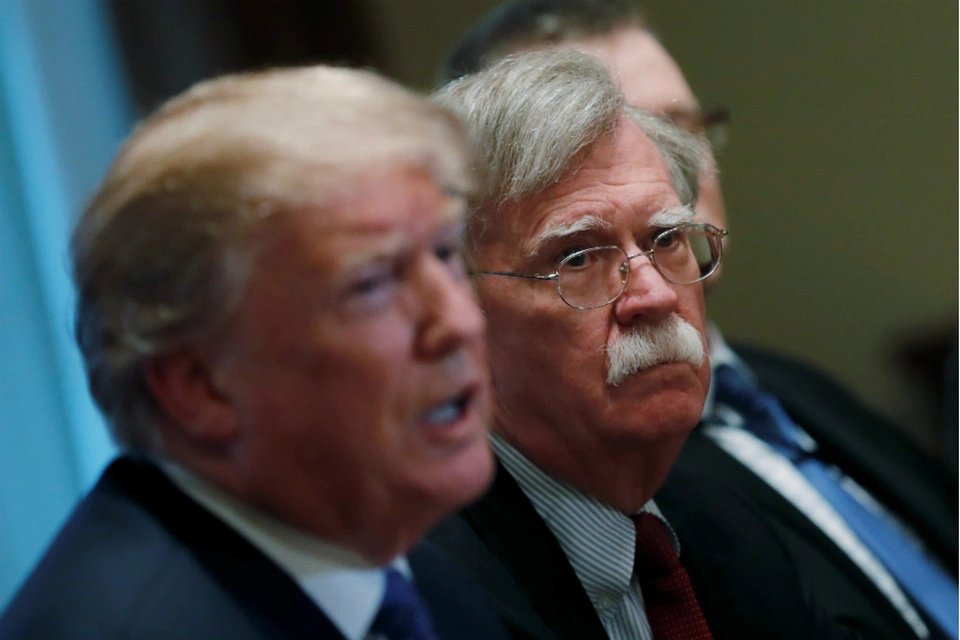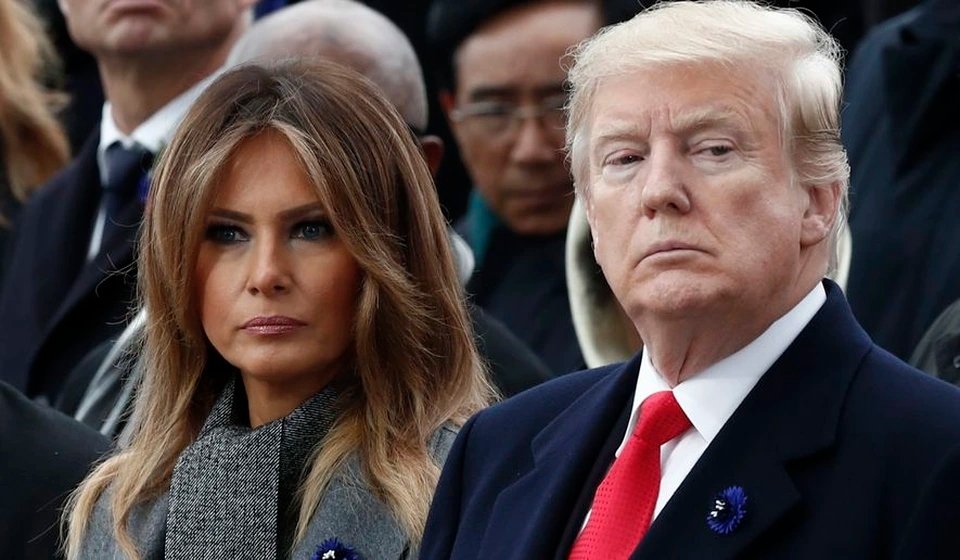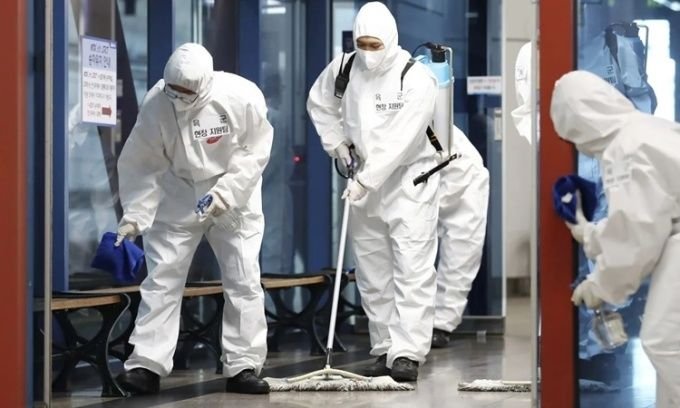
While Asia-Pacific struggles to cope with the rising wave of nCoV infections, the emergence of infections of unknown origin and unknown method of spread is making governments in many countries worried.
South Korean soldiers disinfect a subway station in Daejeon.
The growing number of such cases has forced governments, such as Australia or Hong Kong, to take more drastic and widespread measures, returning entire cities to a lockdown-like state.
`It’s hard to stop the virus from spreading because you don’t know where it will break out next,` said Yang Cong Hoan, former deputy director general of the Chinese Center for Disease Control and Prevention.
On the contrary, in places where the number of infections of unknown origin is low, such as South Korea or Japan, authorities can relax somewhat even though the total number of new infections each day reaches hundreds.
The number of infections of unknown origin will be an indicator of where there is a high chance of a resurgence of the epidemic and where people need to prepare mentally to face a renewed blockade.
Hong Kong went through three relatively peaceful months before a new wave of serious infections flared up earlier this month.
Hong Kong responded very quickly, re-imposing the strictest measures on its 7.5 million people.
In Japan, this country’s officials use the concept of `cases of unknown transmission` to refer to cases of nCoV infection whose origin cannot be determined.
But the number of cases of unknown origin is increasing by about 45%, ringing alarm bells.
On July 15, Tokyo raised the warning to the highest level in the 4-level scale, advising people to be cautious in their behavior to prevent the virus from spreading.
`We need to ensure that this wave does not spread and cause the government to declare a state of emergency,` Minister Nishimura said on July 14.
South Korea has been praised for its success in controlling the epidemic through rapid testing and fierce tracing of the source of infection, helping them not have to apply blockade measures and remain calm in the face of the possibility of an epidemic.
This is thanks to the fact that only 1/5 of new infections in Korea in the first two weeks of July were cases of unknown origin.
Although the government has applied access control systems in high-risk areas such as gyms and nightclubs, South Korea has not yet needed to use broader restrictions to limit people’s movements.
`South Korea has very few unexplained infection hotspots,` Yang said.
In Australia, 5 million Melburnians are living under a 6-week mandatory blockade due to a new nCoV outbreak in Victoria state.
Vu Hoang (According to SCMP)

